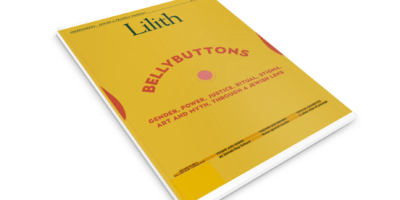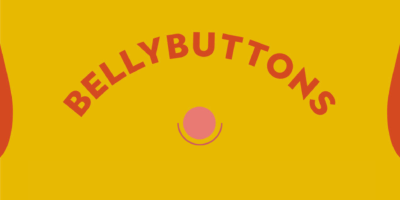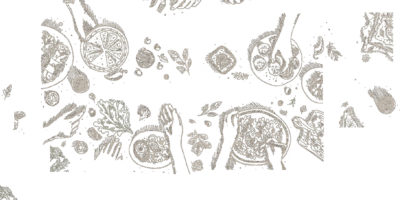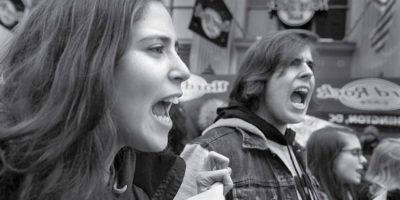
A Room (or a Shed) of One’s Own
Deborah Levy’s final installment in her autobiographical trilogy, Real Estate (Bloomsbury, $20) follows 2013’s Things I Don’t Want to Know and 2018’s The Cost of Living. At 63, Levy is taking stock of what has worked and what hasn’t—personally, professionally, and otherwise. The subtitle, “A Living Autobiography” is exceptionally apt: this is not a book with a neat conclusion, because the subject hasn’t reached one. Does anyone?
While her first memoir dealt with her complex relationship to her geographic origins (her father, Norman Levy, was a political prisoner in South Africa, and Levy spent her childhood in Johannesburg) and her second tackled regaining footing after divorce, the subject of this final installment is space. Owing a debt to Virginia Woolf’s A Room of One’s Own, and paying quiet tribute to the writing sheds she has described in previous works, Levy’s book is a meandering meditation on place and womanhood in the world.
Reading Levy’s musings from the cusp of 60 (the book was written prior to COVID, in 2019) while staring down 26 is unusually clarifying. There were moments where I turned my head to look over my shoulder, uneasily glancing down at the ring on my finger and contemplating if I were reading missives from a future self who might regret the domestic milestones on my horizon. This is not to say that Real Estate deals with regret—Levy doesn’t lament the winding journey she took to her room of one’s own. It simply is. Real Estate is an entry into the genre of memoir that reminds the reader that we are, in fact, readers—and this, too, is a wonderfully clarifying reassurance to encounter on the page. We are not so much being invited to peer behind the curtain of a writer’s life, particularly as it relates to space, place, and belonging, so much as we are listening just down the hall, quietly, as Levy narrates her innermost thoughts and feelings to the air.
Levy moves from run–down London flat to Parisian apartment to Greek beach and back—realizing, in the most non–clichéd–way possible, that no matter what external structures she builds, covets, nurtures, and demands for herself, she has taken her mind and senses with her. “This writing shed was very close to the life I wanted, even if it was a temporary arrangement,” she writes early on, describing a place she has designed to attend to the business of writing for writing’s sake. “I mean it was not my real estate, I did not own it, I was renting it, but I owned its mood.” Wherever Deborah Levy goes, the writer is. Her yearning for oval fireplaces and pomegranate trees and necessary silence provides motivation, but it is not an end goal. Expressing herself—frantically, endlessly, eloquently—is.
Levy is pure magic when she describes feelings that are ephemeral and slippery, as impossible to forget as they are to grasp. “Sometimes I would sprinkle sea salt on a wedge of sour green tomato and dip it in the peppery emerald olive oil,” she muses midway through. “It was as if I had struck on something good that was within my reach.” Real Estate is, fortunately, within ours.
Justine Orlovsky-Schnitzler is a graduate student, baker, and abortion rights advocate currently home in the South.





